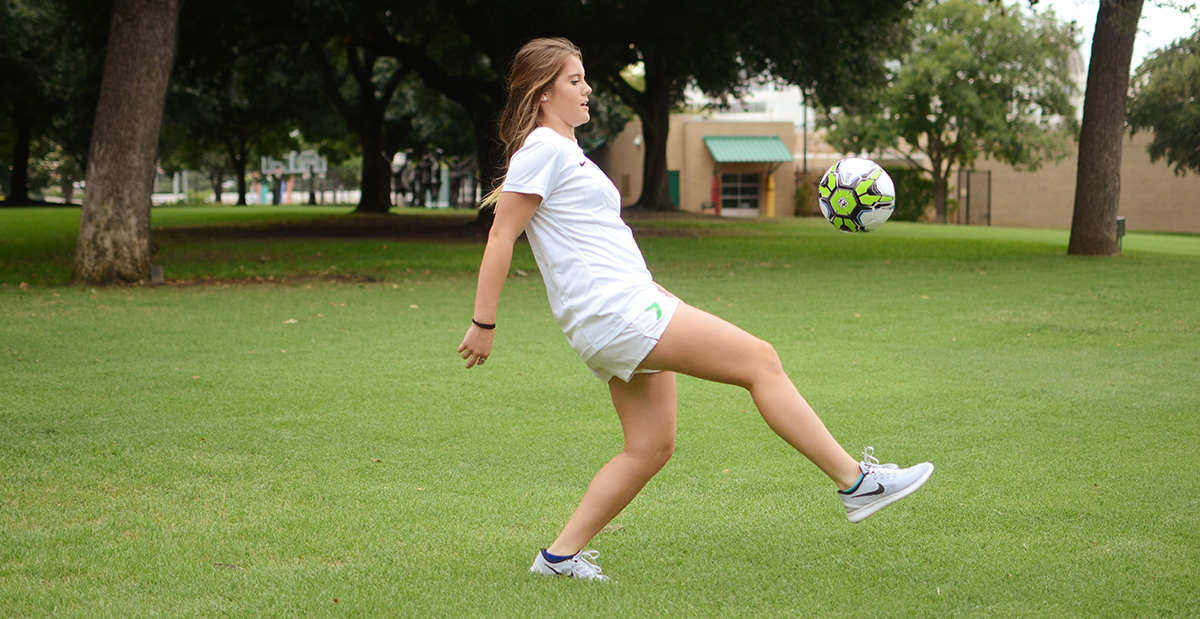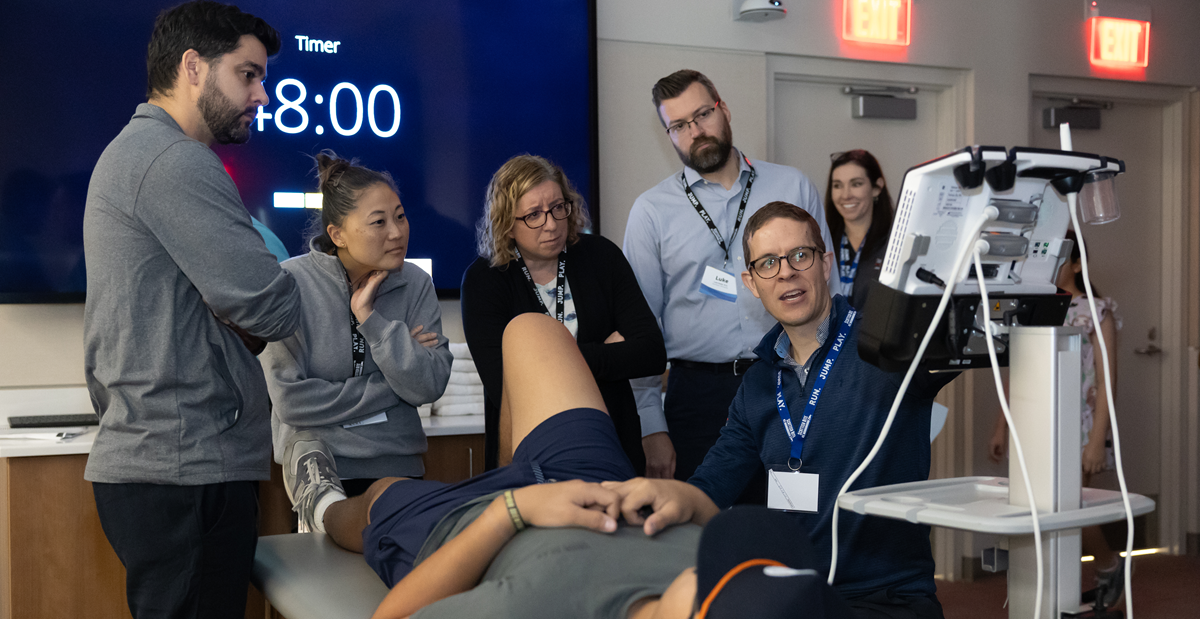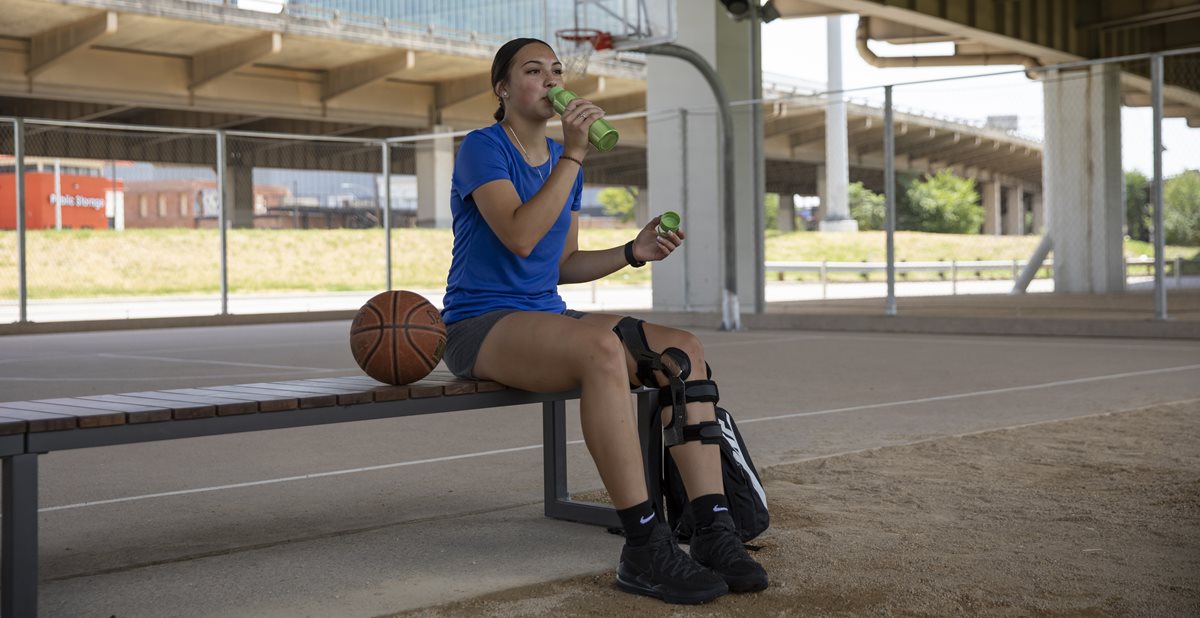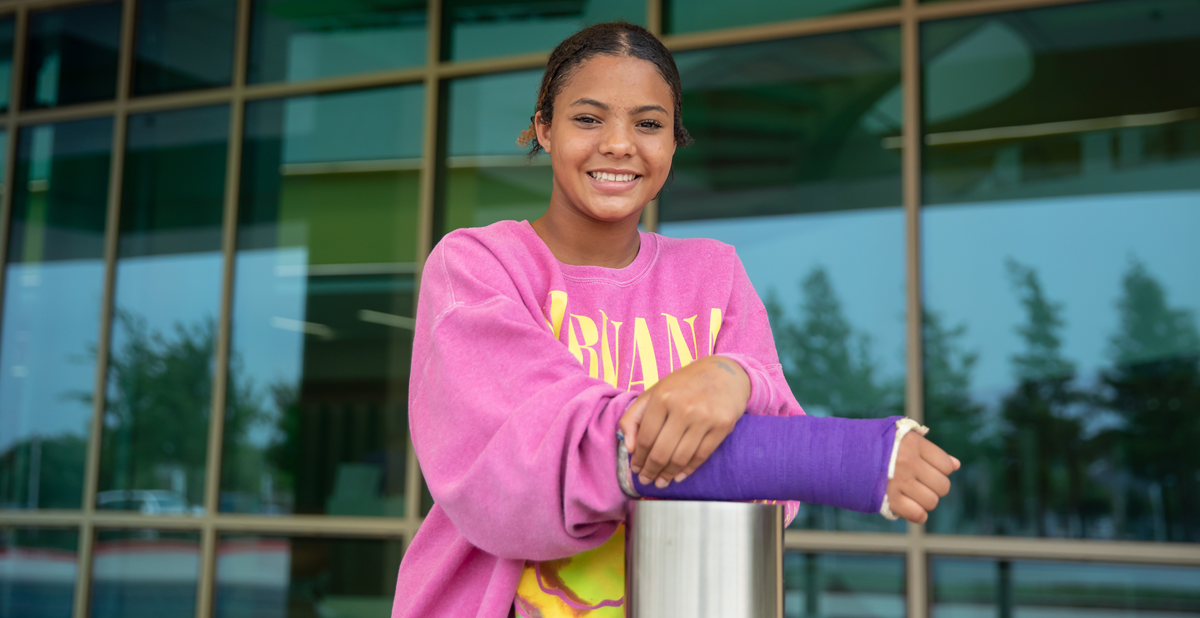
Mar 22, 2018 / Sports Medicine
Concussion Recommendations for Your Young Athlete This Spring
Our sports medicine physicians’ research on concussions can help to guide you and your young athlete during their spring sport season.
Sports medicine physicians Jane S. Chung, M.D., and Shane M. Miller, M.D., have been studying different aspects of concussions as they relate to young athletes. Below are a few recommendations and guidelines.
What does research say about sleep and concussions?
Scottish Rite Hospital’s study looked at sleep quality in concussed patients and found that poor sleep quality was strongly associated with increased symptom severity at the initial visit and at the three-month follow-up after a concussion. Additionally, poor sleep quality and higher symptom severity scores are correlated with longer recovery times.
How much sleep should my child be getting per night?
The American Academy for Pediatrics (AAP) recommends 9 to 12 hours of sleep for elementary school aged groups (ages 6 – 12) and 8 to 10 hours of sleep for adolescents (ages 13 to 18). Not getting enough sleep is associated with increased injuries and other health problems.
My child has a concussion, does this impact how much sleep they should be getting?
While there are no formal guidelines for how much sleep a concussed athlete should get, Chung emphasizes not only the quantity of sleep your athlete is getting, but the quality.
“We encourage at least 9 to 10 hours of sleep in our pediatric patient’s during concussion recovery and emphasize good sleep hygiene,” says Chung. “Limiting electronics at least one hour prior to bedtime, avoiding caffeine prior to bedtime and creating a calm, soothing environment are conducive a higher quality night of sleep.”
My child is playing spring soccer, what should I watch out for?
Miller’s concussion study found that girl soccer players were five times more likely to return to play the same day they sustained their concussion. Returning to play on the same day following a concussion can put developing brains of both boys and girls at greater risk for more serious injuries.
“When in doubt, sit them out,” Miller says of suspected concussions. “If your child seems dazed, stunned, dizzy or is complaining of a headache, it’s safest for you or their coach to remove them from play immediately. The “tough it out” mentality could prolong recovery and make them more susceptible to a more severe injury.”
Take Home Points:
Sports medicine physicians Jane S. Chung, M.D., and Shane M. Miller, M.D., have been studying different aspects of concussions as they relate to young athletes. Below are a few recommendations and guidelines.
What does research say about sleep and concussions?
Scottish Rite Hospital’s study looked at sleep quality in concussed patients and found that poor sleep quality was strongly associated with increased symptom severity at the initial visit and at the three-month follow-up after a concussion. Additionally, poor sleep quality and higher symptom severity scores are correlated with longer recovery times.
How much sleep should my child be getting per night?
The American Academy for Pediatrics (AAP) recommends 9 to 12 hours of sleep for elementary school aged groups (ages 6 – 12) and 8 to 10 hours of sleep for adolescents (ages 13 to 18). Not getting enough sleep is associated with increased injuries and other health problems.
My child has a concussion, does this impact how much sleep they should be getting?
While there are no formal guidelines for how much sleep a concussed athlete should get, Chung emphasizes not only the quantity of sleep your athlete is getting, but the quality.
“We encourage at least 9 to 10 hours of sleep in our pediatric patient’s during concussion recovery and emphasize good sleep hygiene,” says Chung. “Limiting electronics at least one hour prior to bedtime, avoiding caffeine prior to bedtime and creating a calm, soothing environment are conducive a higher quality night of sleep.”
My child is playing spring soccer, what should I watch out for?
Miller’s concussion study found that girl soccer players were five times more likely to return to play the same day they sustained their concussion. Returning to play on the same day following a concussion can put developing brains of both boys and girls at greater risk for more serious injuries.
“When in doubt, sit them out,” Miller says of suspected concussions. “If your child seems dazed, stunned, dizzy or is complaining of a headache, it’s safest for you or their coach to remove them from play immediately. The “tough it out” mentality could prolong recovery and make them more susceptible to a more severe injury.”
Take Home Points:
- Sleep plays an important role in concussion recovery
- Early recognition, intervention and education for poor sleep in concussion patients may help to reduce their symptom severity and decrease the length of their recovery
- No matter the sport, when in doubt, sit them out if a concussion is suspected
- If you suspect your child has sustained a concussion, request an appointment with one of our sports medicine physicians or call 469-515-7100.



